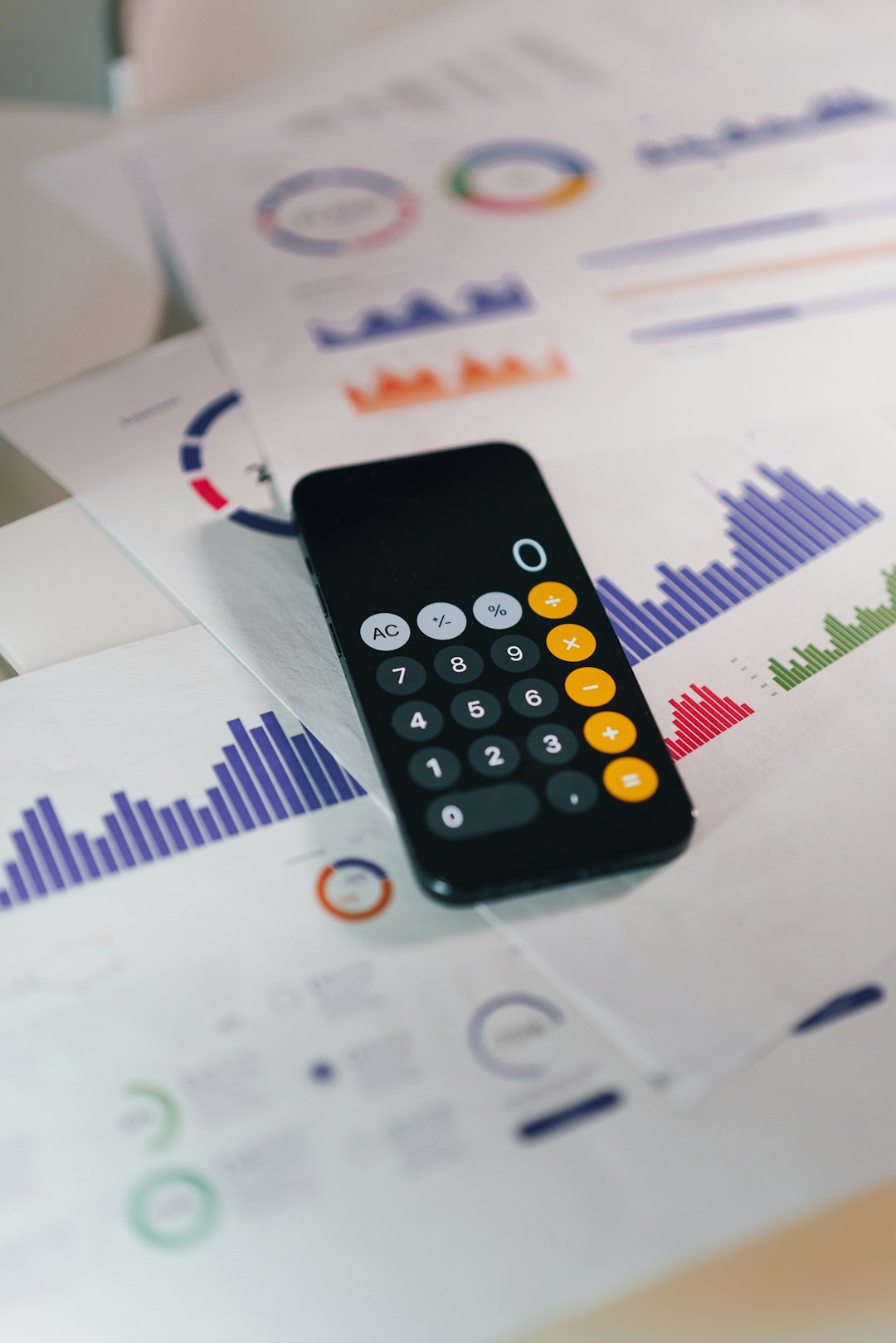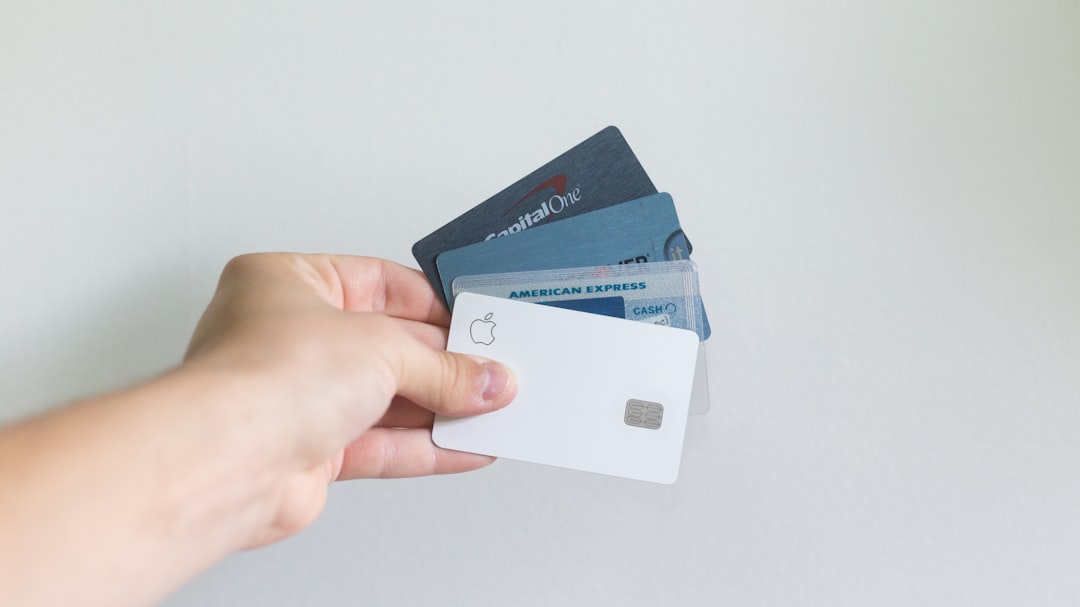Unemployment can wreak havoc on personal finances, making it difficult to cover basic expenses and leading to loan defaults. To combat this, consolidating credit card debt is a strategic move during uncertain economic times. By merging multiple high-interest cards into one loan with lower rates, individuals simplify payments, save on interest, and ease cash flow constraints, ultimately improving financial control and credit scores over time. A successful strategy involves prioritizing high-interest debts, using balance transfer cards, comparing consolidation loan offers, and creating a realistic budget to manage discretionary spending.
Unemployment can significantly impact financial stability, often leading to a snowball effect of unpaid bills and mounting debt. In such challenging times, consolidating credit card debt becomes a crucial strategy for regaining control. This article explores the effects of unemployment on personal finances, highlights the advantages of debt consolidation during economic incertitude, and provides practical strategies to effectively manage and reduce debt. By understanding these steps, individuals can navigate their financial journey with renewed hope and a clear path forward.
- Understanding Unemployment and Its Impact on Debt
- Benefits of Credit Card Debt Consolidation During Uncertain Times
- Strategies for Successfully Consolidating Personal Loans and Bills
Understanding Unemployment and Its Impact on Debt

Unemployment can have a profound and lasting impact on an individual’s financial health, exacerbating existing debt burdens or creating new ones. When someone loses their job, they often face a cascade of challenges that can quickly spiral into a crisis. Immediate concerns include meeting basic living expenses, like housing and food, which may become difficult without a steady income. This situation is further complicated by the potential for defaulting on loans, including credit cards, as the ability to make payments decreases significantly.
The consequences of unemployment extend beyond financial strain; it can lead to a cycle of increasing debt due to high-interest charges and late fees on outstanding balances. Many turn to personal loans or credit card consolidations as a short-term solution to manage these debts more effectively. Consolidating credit card debt, for instance, allows individuals to combine multiple high-interest credit card payments into one loan with potentially lower interest rates, offering some relief from the immediate pressure of multiple due dates and varying interest charges.
Benefits of Credit Card Debt Consolidation During Uncertain Times

During uncertain economic times, consolidating credit card debt can offer significant benefits for individuals grappling with unemployment and mounting bills. By combining multiple high-interest credit card balances into a single loan with a lower interest rate, borrowers can simplify their financial obligations and save money on interest charges. This strategic move allows them to focus on repaying the consolidated loan rather than juggling multiple payments, easing cash flow constraints.
Moreover, credit card debt consolidation provides relief from the constant stress of managing multiple creditors. With one fixed monthly payment, individuals gain better control over their finances and can allocate their income more effectively. This stability can be particularly valuable during unemployment periods when unexpected financial challenges arise. Consolidation also offers the potential for improved credit scores over time, as timely payments on a consolidated loan can positively impact credit history.
Strategies for Successfully Consolidating Personal Loans and Bills

Successfully consolidating personal loans and bills, especially during challenging economic periods like unemployment, requires a strategic approach. The primary goal is to simplify repayment terms while reducing overall interest expenses. One effective strategy involves prioritizing high-interest debts, such as credit card debt, as consolidating these first can significantly cut down on interest payments over time. This can be achieved by exploring options like balance transfer cards that offer low- or no-interest periods, allowing borrowers to pay off multiple cards without incurring additional charges.
Another crucial step is to compare different consolidation loan offers from various lenders. Shopping around for the best rates and terms can save borrowers a substantial amount in interest. Additionally, creating a realistic budget is essential to ensure that debt repayment does not strain post-unemployment financial resources. This includes evaluating discretionary spending and finding areas where adjustments can be made to free up funds for consolidation payments.
Unemployment can significantly impact an individual’s financial health, leading to a snowball effect of unpaid bills and mounting debt. However, during uncertain times, consolidating credit card debt through strategic personal loan management becomes an essential tool for recovery. By understanding the impact of unemployment on debt and employing effective consolidation strategies, individuals can take control of their finances, reduce stress, and pave the way for a more secure financial future. This process allows them to navigate through challenges and emerge with improved monetary stability.
